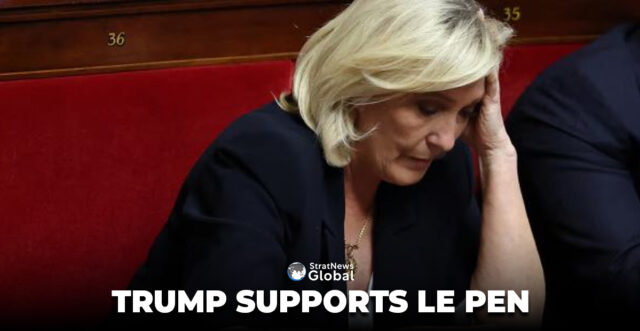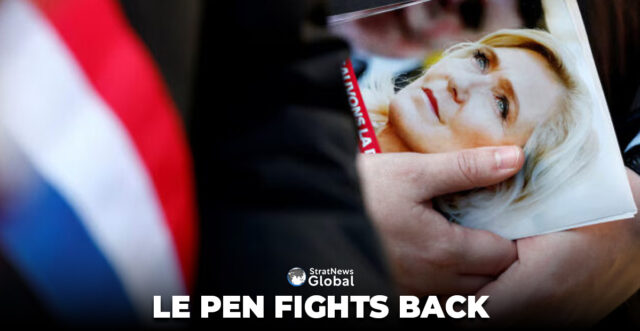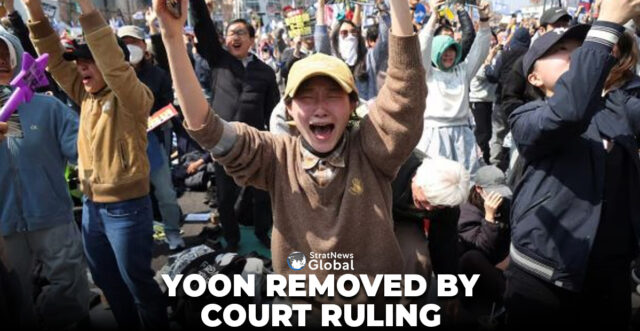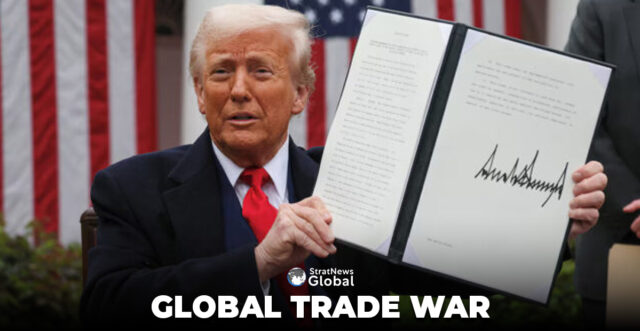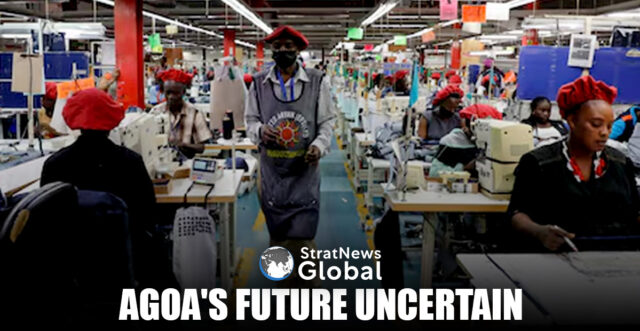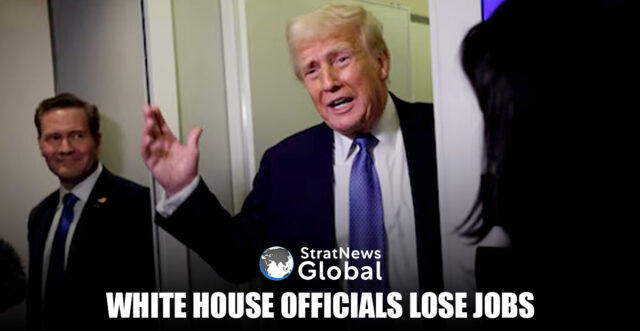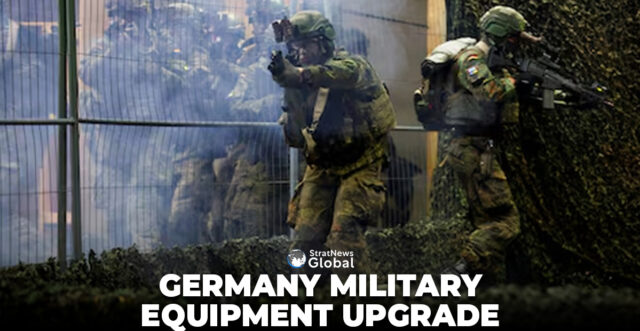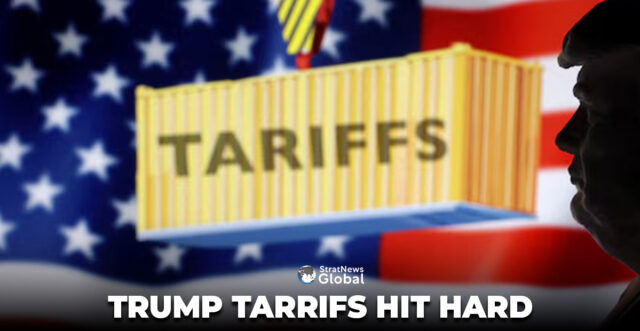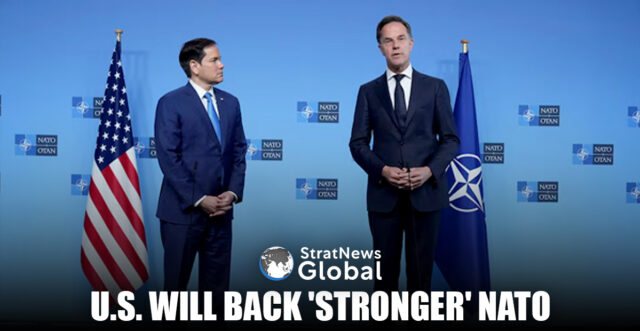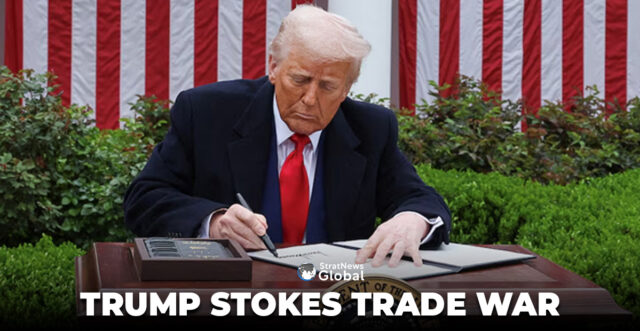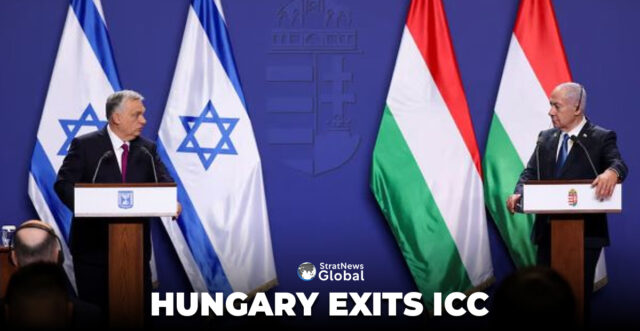A group of white Afrikaners was so opposed to majority Black rule when apartheid ended some three decades ago that they carved out a separatist enclave, the only town in South Africa where all residents, including menial workers, are white.
Now, the residents of Orania – population, 3,000 – in the semi-arid Karoo region want U.S. President Donald Trump to help them become a state.
Last week, community leaders from Orania visited the United States seeking recognition as an autonomous entity. South African authorities acknowledge it as a town that can raise local taxes and deliver services.
“We wanted to… gain recognition, with the American focus on South Africa now,” Orania Movement leader Joost Strydom told Reuters, on a hill strewn with bronzes of past Afrikaner leaders, including from the era of racist white minority rule that was ended by internal resistance and international outrage.
The 8,000-hectare settlement is riding an unprecedented wave of support from right-wing Americans for Afrikaner nationalists, who irrevocably lost power when apartheid ended in 1994 and Nelson Mandela became South Africa’s first Black president.
In New York and Washington the Orania leaders met influencers, think-tanks and low-ranking Republican politicians.
“We told them South Africa is such a … diverse country that it’s not a good idea to try and manage it centrally,” said Strydom.
Three senior Orania officials interviewed by Reuters were vague about the help they sought in the U.S. They said they were not seeking handouts but wanted investment to build houses to keep up with its 15% population growth, infrastructure and energy independence that it has almost half-achieved with solar.
Strydom declined to say whether his delegation had contact with the Trump administration. The U.S. State Department did not immediately respond to a request for comment.
South African foreign ministry spokesperson Chrispin Phiri told Reuters: “(Orania’s) not… a country. They are subject to the laws of South Africa and … our constitution.”
Other Afrikaner nationalist groups have also visited the U.S. to build alliances with overwhelmingly white, Republican audiences, prompting accusations back home that such trips stoke racial tensions.
The leftist Economic Freedom Fighters (EFF) last week accused Orania’s leaders of “destroying the unity of this country”, a charge they reject.
‘Start Of Something’
Afrikaners are descendants of Dutch settlers who began arriving in the 1600s. They resisted the British Empire in South Africa, but once in charge of the country, they hardened racial segregation using discriminatory laws.
“There were 17,000 laws on land alone,” foreign ministry spokesperson Phiri said. “We had… to reconstruct South Africa into a country that represents all those who live in it.”
In 1991, as the end of apartheid neared, a group of about 300 Afrikaners acquired Orania, previously an abandoned water project on the muddy Orange River, to create a homeland exclusively for white Afrikaners.
“It’s the start of something,” former Orania Movement leader Carel Boshoff, said of his community, comparing its desire for independence – Orania even uses its own informal currency – to that of Israel, established after World War Two despite stiff resistance from Arabs living in that territory.
Boshoff, whose father founded the town and whose grandfather, Hendrick Verwoerd, is widely viewed as the architect of apartheid, dreams of a territory stretching to the west coast nearly 1,000 miles away.
Orania’s activities are funded through local taxes and donations from supporters and residents.
Its leaders were dismayed to find the only solution that anyone in the United States was interested in discussing was U.S. residency, after Trump offered in February to resettle white South African farmers and their families as refugees.
“We can’t be exporting our people,” Boshoff told Reuters beside a framed photo of his late grandfather. “We told them … ‘help us here’,” he said.
Some U.S. right-wingers have sought to make common cause with Afrikaners in their opposition to diversity policies that aim to empower historically unjustly-treated non-white groups. South Africa’s Black empowerment laws have been ridiculed by Trump’s South African-born adviser, Elon Musk.
Those laws were the reason Hanlie Pieters moved to Orania eight months ago, after 25 years of living in Johannesburg, to become head of marketing for the town’s technical college.
“Our children … what opportunities will they have?” Pieters said, bemoaning quotas for Black workers, while trainee plumbers and electricians honed their skills in a shed nearby.
A third of all South Africans are out of work, most of them poor Blacks.
One such unemployed man, 49-year-old Bongani Zitha, said he thought “people in Orania… are doing very well” compared to many South Africans. “So many people looking for opportunities. It’s a struggle,” he sighed.
Zitha, who has lived in a corrugated shanty town in Soweto with no piped water or sewage since 1995, said at least the people of Orania have “rights to health, education, everything”.
And unlike himself under white minority rule, he added, Orania residents are free to live wherever they want.
(With inputs from Reuters)


